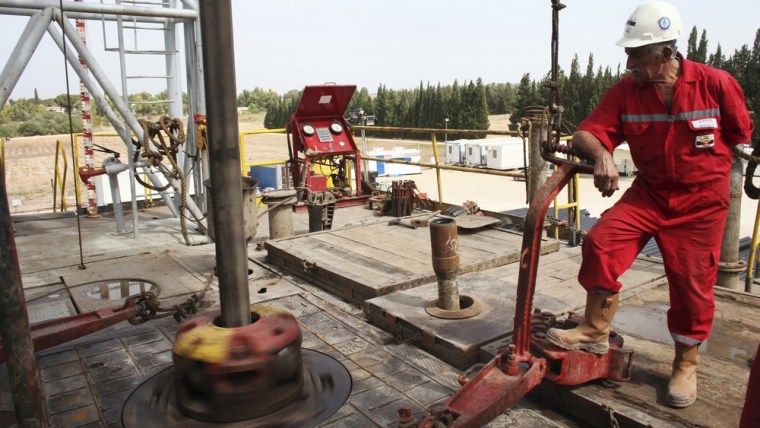Oil prices have hovered around $78 a barrel most of the year, providing little excitement as other commodities, including copper, gold, and cotton, have enjoyed record run-ups. Global economic growth has not been brisk enough to drive up oil demand substantially, U.S. inventories have been ample, and the Saudis have been pumping enough to guarantee a plentiful supply.
A change in the oil markets may now be upon us. Crude may climb past $100 next year as central banks pump cash into their economies to revive growth, predict JPMorgan Chase and Bank of America Merrill Lynch. The Federal Reserve's decision to buy $600 billion of Treasuries from commercial banks should lower U.S. interest rates and weaken the dollar further. Investors may turn increasingly to oil and other commodities to get a decent return.
The Federal Reserve's actions are "likely to push prices upwards," says Antoine M. Halff, head of energy research at Newedge USA in New York and former principal administrator at the International Energy Agency. "The past few years have shown that the more cheap money in the system, the more money flows into commodities, in particular energy."
Since the start of September, oil prices have climbed 17 percent, to a recent $86.96. (Crude was trading late Friday in New York at $84.88 a barrel.)
Oil analysts are also watching OPEC for signs of its intent. Cartel members may seek a higher price as the depreciation of the greenback erodes the profitability of their dollar-denominated exports. Saudi Arabia's Oil Minister, Ali Al-Naimi, said in Singapore on Nov. 1 that a range of $70 to $90 a barrel should be satisfactory for consumers. The kingdom had previously indicated a target of $75 a barrel.
"Al-Naimi spoke of a $70-to-$90 range for the first time," says Francisco Blanch, head of global commodity research at Bank of America Merrill Lynch Global Research in New York. "The next threshold is $90 if Al-Naimi says he won't be putting any more oil in the market until we get to that level." Later, however, OPEC's secretary-general said the group was satisfied with a range of $70 to $85.
Growth in emerging markets will help reduce stockpiles of crude oil in 2011, says David Greely, head of energy research at Goldman Sachs in New York. The Paris-based IEA figures global oil demand will climb from 86.9 million barrels a day this year to 88.2 million in 2011. Hedge funds and other large speculators are getting into the act: They increased their wagers on rising crude prices in late October, according to the Commodity Futures Trading Commission.
There are still skeptics about $100-a-barrel oil, such as Sarah A. Emerson, managing director of Energy Security Analysis in Wakefield, Mass. There's plenty of crude to satisfy world demand without spurring a dramatic climb in prices, says the energy analyst. "This is a well-supplied market, and that won't be changing anytime soon," Emerson says. "At the end of the day, fundamentals matter."
The bottom line: After several years in the doldrums, oil prices are creeping upward. Some analysts are projecting prices at $100 a barrel by next year.
Mark Shenk is a reporter for Bloomberg News. Smith is a reporter for Bloomberg News.
